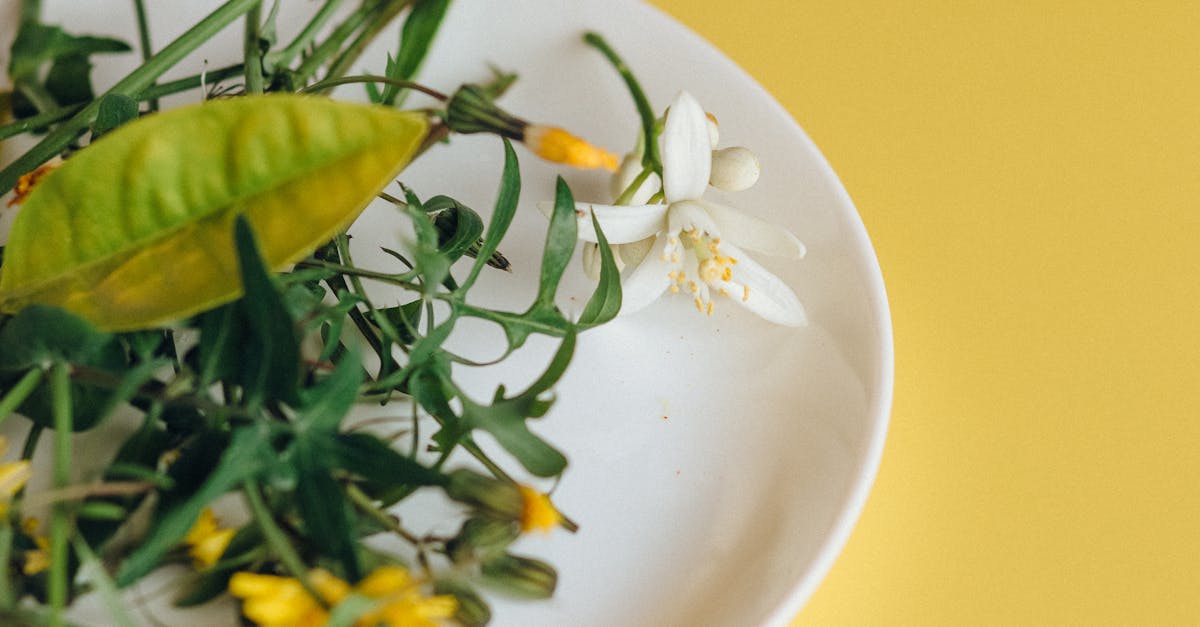Essential Tips for Herbal Culinary Pharmacy
Essential Tips for Herbal Culinary Pharmacy

Foundations of Herbal Culinary Pharmacy
Herbal culinary pharmacy is the art and science of using herbs for both culinary and medicinal purposes. This holistic approach not only enhances the flavor of dishes but also contributes to overall health and well-being. The foundation of herbal culinary pharmacy lies in understanding the properties of various herbs, their nutritional benefits, and how to incorporate them into daily meals. By doing so, individuals can create dishes that are not only delicious but also nutritionally beneficial.
Herbs have been used for centuries in traditional medicine systems, such as Ayurveda and Traditional Chinese Medicine, to promote health and prevent illness. According to a study published in the Journal of Herbal Medicine, many culinary herbs possess antioxidant, anti-inflammatory, and antimicrobial properties, making them valuable additions to our diets [1]. Understanding these properties can empower individuals to make informed decisions about their health and culinary practices.
Top 10 Tips for Herbal Culinary Pharmacy
- Understand the medicinal properties of herbs.
- Choose fresh herbs over dried for maximum flavor and nutrients.
- Combine herbs with compatible foods to enhance their effects.
- Experiment with different cooking techniques to release herbal flavors.
- Grow your own herbs for the freshest ingredients.
- Keep a herbal journal to track your culinary experiments.
- Educate yourself on herbal safety and potential interactions.
- Incorporate herbs into beverages, such as teas and smoothies.
- Utilize herbs as garnishes to add flavor and visual appeal.
- Share your herbal culinary creations with others to inspire them.
Core Advantages of Herbal Culinary Pharmacy
The core advantages of herbal culinary pharmacy are numerous and impactful. Firstly, herbs are nutrient-dense, providing essential vitamins and minerals while being low in calories. For instance, basil is rich in vitamin K, while parsley is an excellent source of vitamin C [2]. By incorporating herbs into meals, individuals can boost their nutritional intake without added calories.
Secondly, culinary herbs can enhance the flavor of dishes, reducing the need for salt and unhealthy fats. This is particularly important for those looking to manage their sodium intake or maintain a healthy weight. Moreover, herbs can stimulate appetite and promote better digestion, making meals more enjoyable and beneficial [3].
Lastly, using herbs in cooking can foster a deeper connection to nature and food. Growing and harvesting herbs allows individuals to appreciate the cycles of nature and the effort that goes into food production. This connection can lead to healthier eating habits and a more sustainable lifestyle.
Step‑by‑Step Guide for Herbal Culinary Pharmacy
- Step 1: Research the medicinal properties of the herbs you intend to use.
- Step 2: Select fresh herbs that complement your dish.
- Step 3: Wash and prepare the herbs, chopping or bruising them to release their essential oils.
- Step 4: Incorporate the herbs into your cooking at the appropriate time, considering their flavor intensity.
- Step 5: Taste and adjust the seasoning, ensuring a balanced flavor profile.
- Step 6: Serve your dish, garnished with fresh herbs for added flavor and presentation.
Myths & Misconceptions in Herbal Culinary Pharmacy
Despite the growing interest in herbal culinary pharmacy, several myths and misconceptions persist. One common myth is that all herbs are safe for consumption. While many herbs are beneficial, some can interact negatively with medications or have adverse effects if consumed in large quantities [4]. Therefore, it is crucial to research and consult healthcare professionals when incorporating new herbs into your diet.
Another misconception is that dried herbs are just as effective as fresh ones. While dried herbs have their own benefits, they often lack the potency and flavor of fresh herbs. Fresh herbs contain essential oils that contribute to their medicinal properties, which may be diminished during the drying process [5].
Finally, some individuals believe that herbal remedies can replace conventional medicine entirely. While herbs can support health and wellness, they should complement, not replace, professional medical advice and treatment.
Recommended Products
Long‑Term Success for Herbal Culinary Pharmacy
Achieving long-term success in herbal culinary pharmacy requires dedication, education, and adaptability. Start by continuously educating yourself about herbs, their uses, and their benefits. Attend workshops, read books, and follow reputable online resources to enhance your knowledge.
Additionally, practice patience and experimentation in the kitchen. Not every dish will turn out perfectly, but learning from mistakes is part of the culinary journey. Keep trying new herbs and combinations to discover what works best for you and your palate.
Finally, consider collaborating with others who share your interest in herbal culinary pharmacy. Sharing recipes, tips, and experiences can enhance your learning and provide motivation to continue your herbal journey.
References

